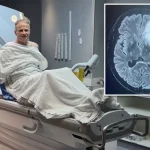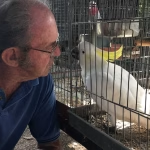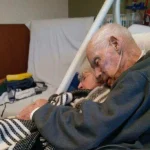Alex Edwards’ Brain Tumor Journey
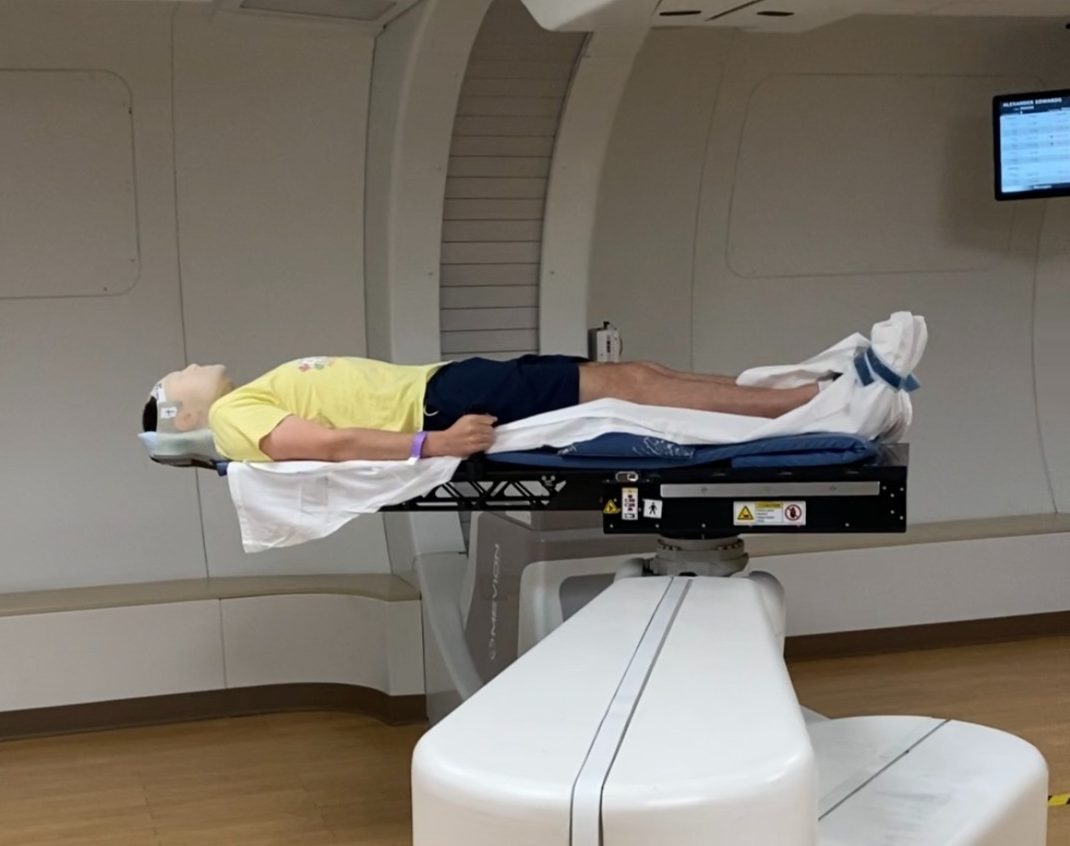
Alex Edwards: Turning a Brain Tumor Diagnosis into Advocacy and Purpose
At 21, Alex Edwards was living the life many college students dream of: studying political communication at George Washington University, building friendships, and planning a future full of possibilities. His focus was on lectures, exams, and the opportunities that lay ahead.
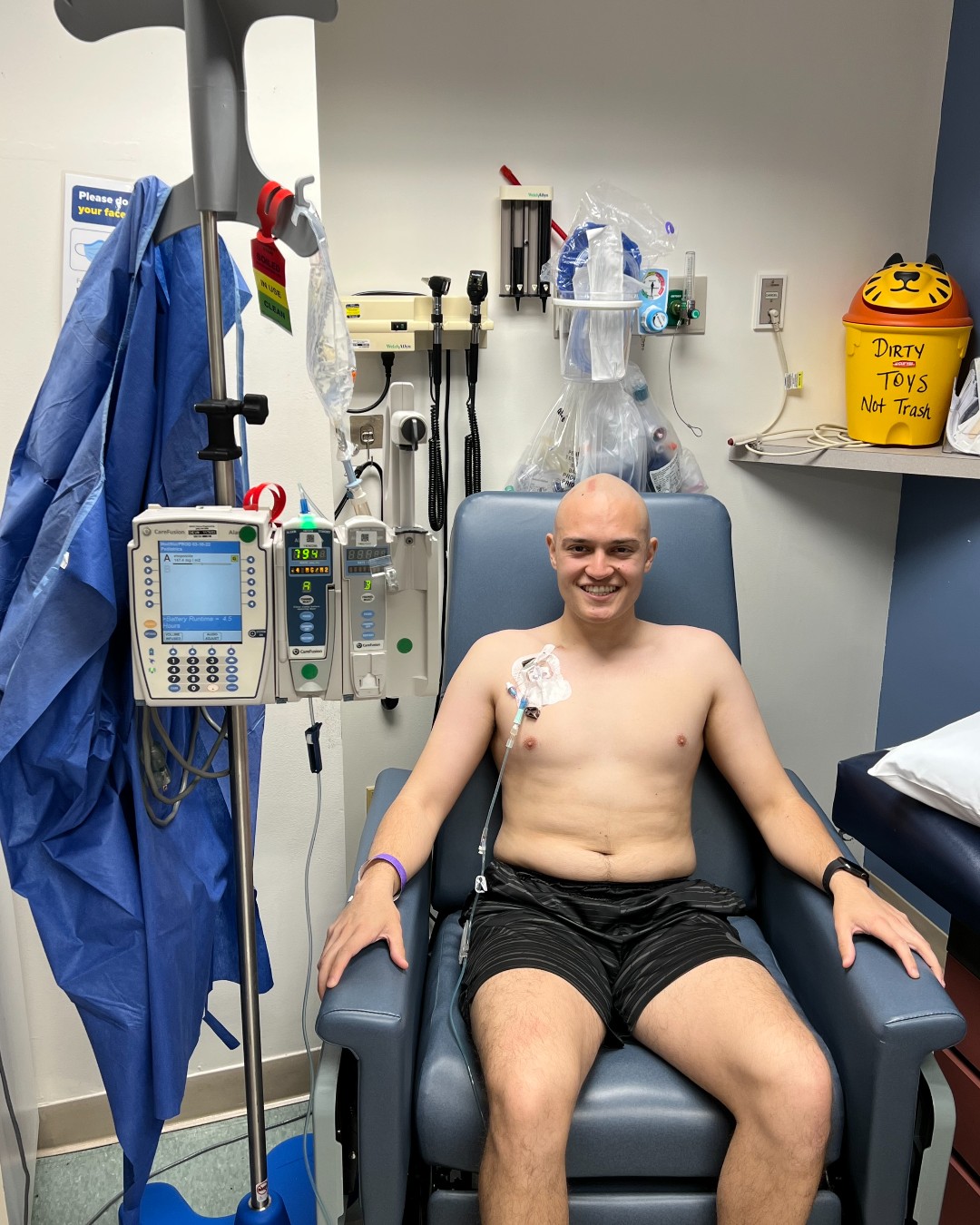
Then came the warning signs—severe headaches and blurred vision—that no student expects to face. What followed was a diagnosis that would change everything: a rare pineal germinoma, a brain tumor likely present since birth. The news was devastating. Overnight, the life Alex had envisioned was replaced with hospital rooms, medical jargon, and the uncertainty that comes with a serious illness.
Emergency surgery relieved the pressure on his brain, but the path ahead was grueling. Within days, Alex began chemotherapy and radiation. The normal rhythm of college life—lectures, group projects, and exams—was replaced by infusion cycles, fatigue so intense it was difficult to get out of bed, and the lingering effects of treatment that clouded his mind. Brain fog, nausea, and emotional strain became part of his daily reality. Assignments that once seemed manageable felt overwhelming. The future he had carefully planned felt uncertain, fragile, and distant.
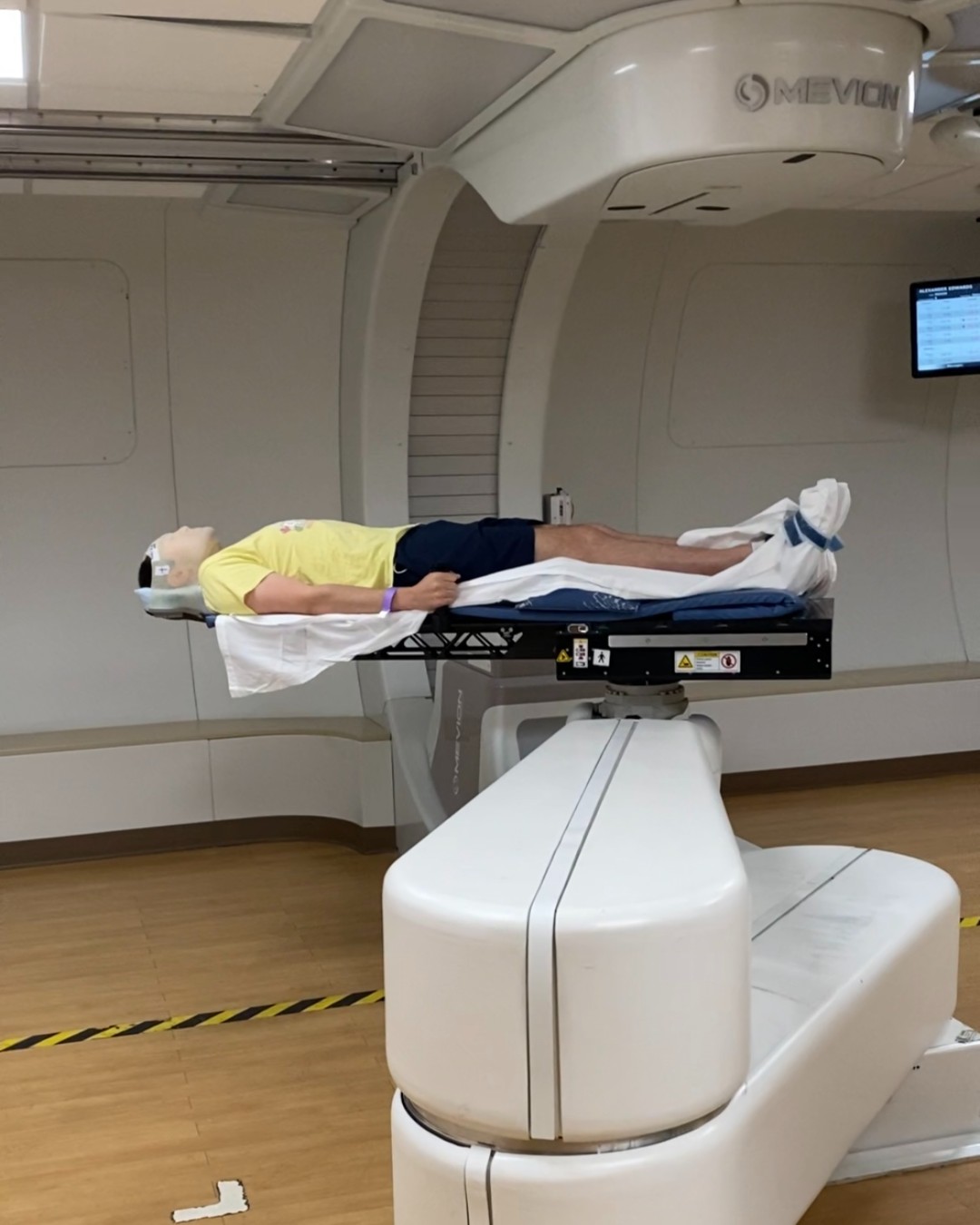
Yet Alex refused to let cancer define him. Through sheer determination, he navigated the intersection of illness and ambition. With the support of his university and professors, he managed to continue his studies, culminating in the day he walked across the stage at graduation—a moment that symbolized not only academic achievement but triumph over adversity.
Today, Alex is in remission and building a career in public affairs. But survival alone is not enough for him. His experience with a rare brain tumor has fueled a deeper purpose: advocacy. In Washington, Alex uses his voice to push for the BRAIN Act, legislation aimed at expanding research and strengthening care for brain tumor patients. He channels the challenges he faced—the hospital stays, the side effects, the uncertainty—into meaningful action, ensuring that future patients will have access to better treatment, more research funding, and stronger support systems.
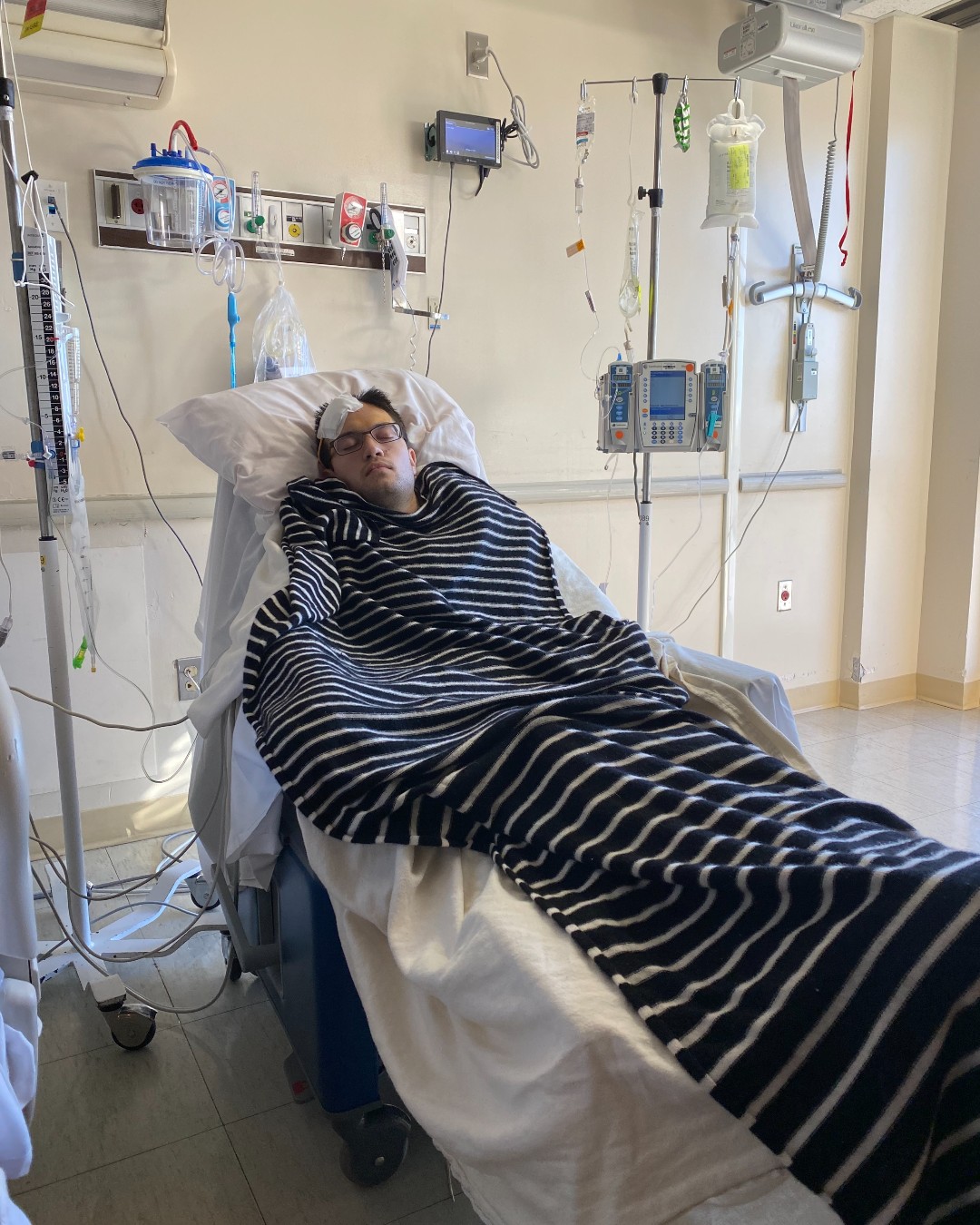
Alex’s journey proves that resilience can transform hardship into purpose. Survival, he says, is a gift—but it carries responsibility. By sharing his story, he speaks not only for himself but for every patient still fighting, every family navigating the unknown, and every advocate striving to make a difference in the lives of those affected by brain tumors.
His story is a testament to courage, determination, and the power of turning personal struggle into action that benefits others. Alex Edwards didn’t just survive a brain tumor—he transformed the experience into a mission to improve outcomes, raise awareness, and inspire hope.
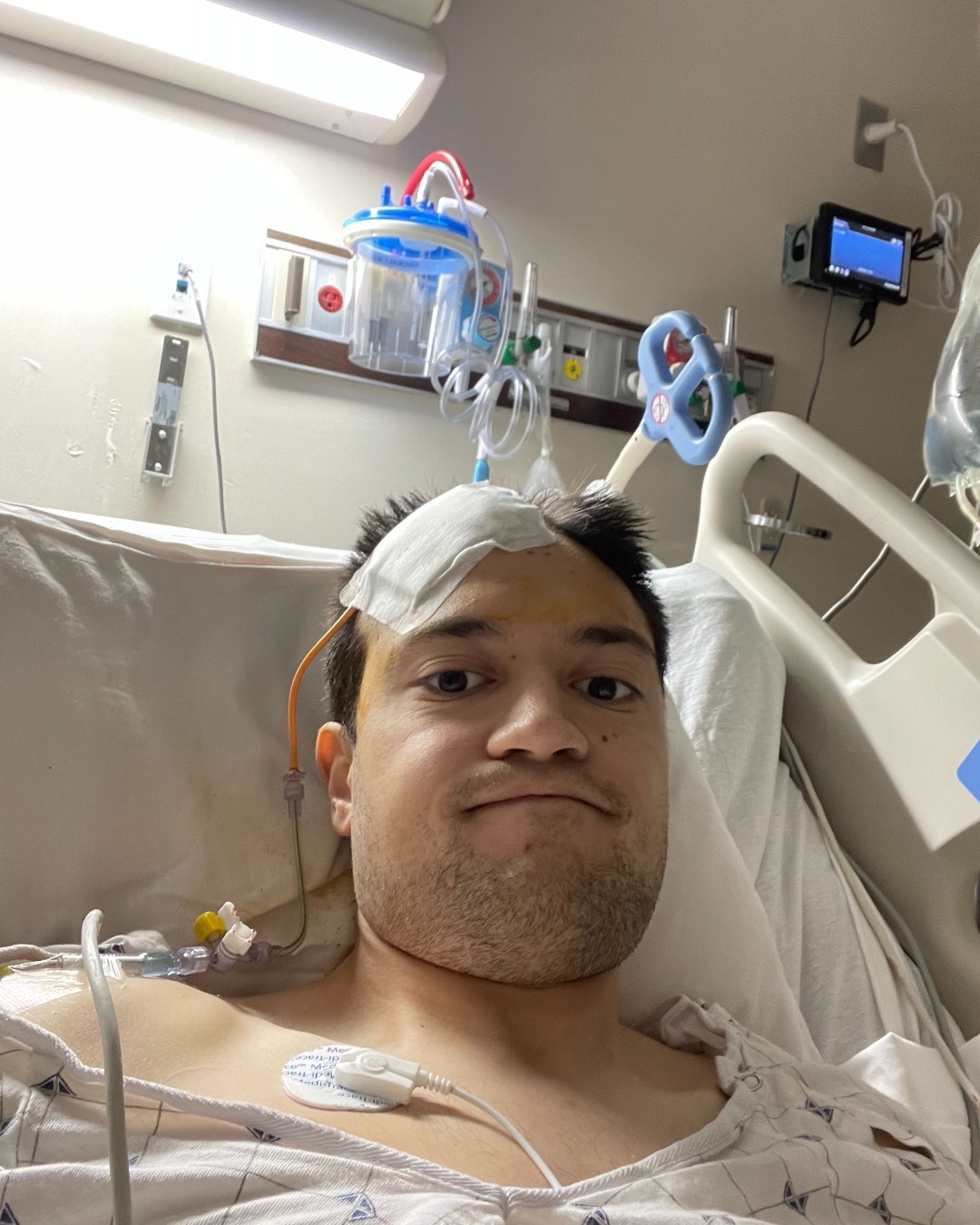
In the face of uncertainty, Alex’s journey reminds us that adversity can be a catalyst for purpose. His story is more than survival—it is proof that with resilience, support, and vision, one person can turn even the most daunting challenges into a force for change.
Alex continues to live with the lessons of his diagnosis, advocating for patients, sharing his experience, and working to ensure that no one faces a brain tumor alone. His story stands as a beacon of hope, illustrating that the greatest victories are not only measured in survival but in the lives we touch and the changes we inspire.
